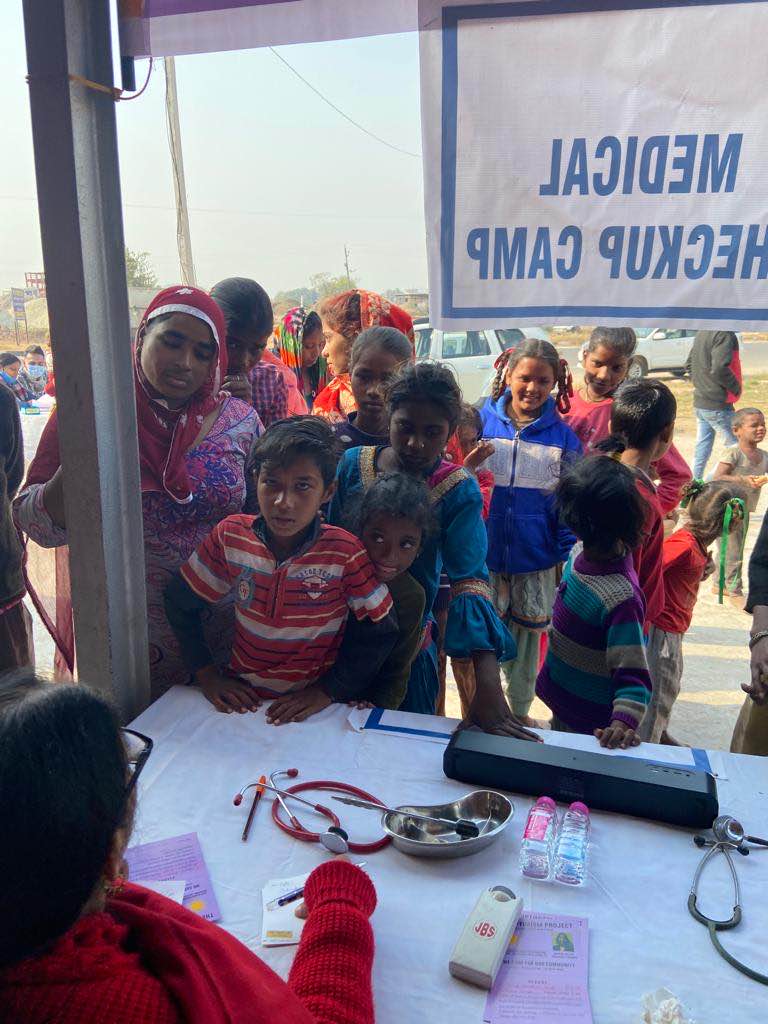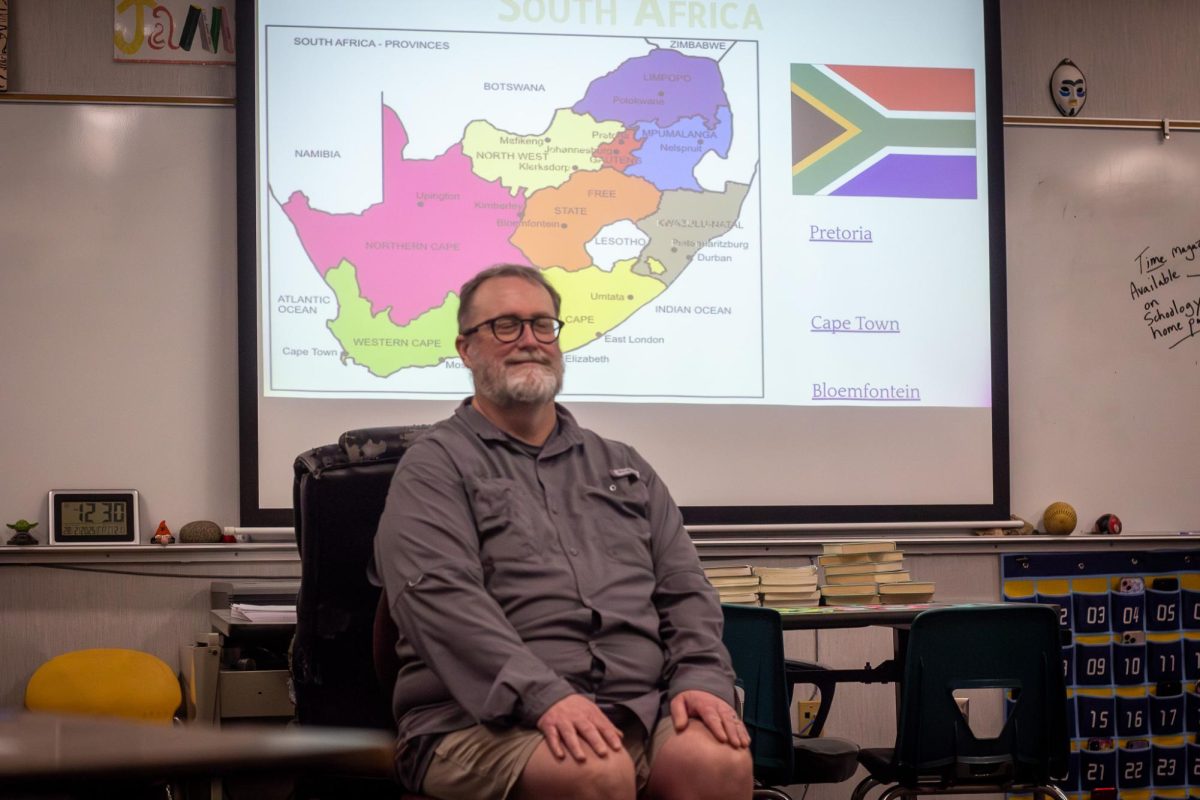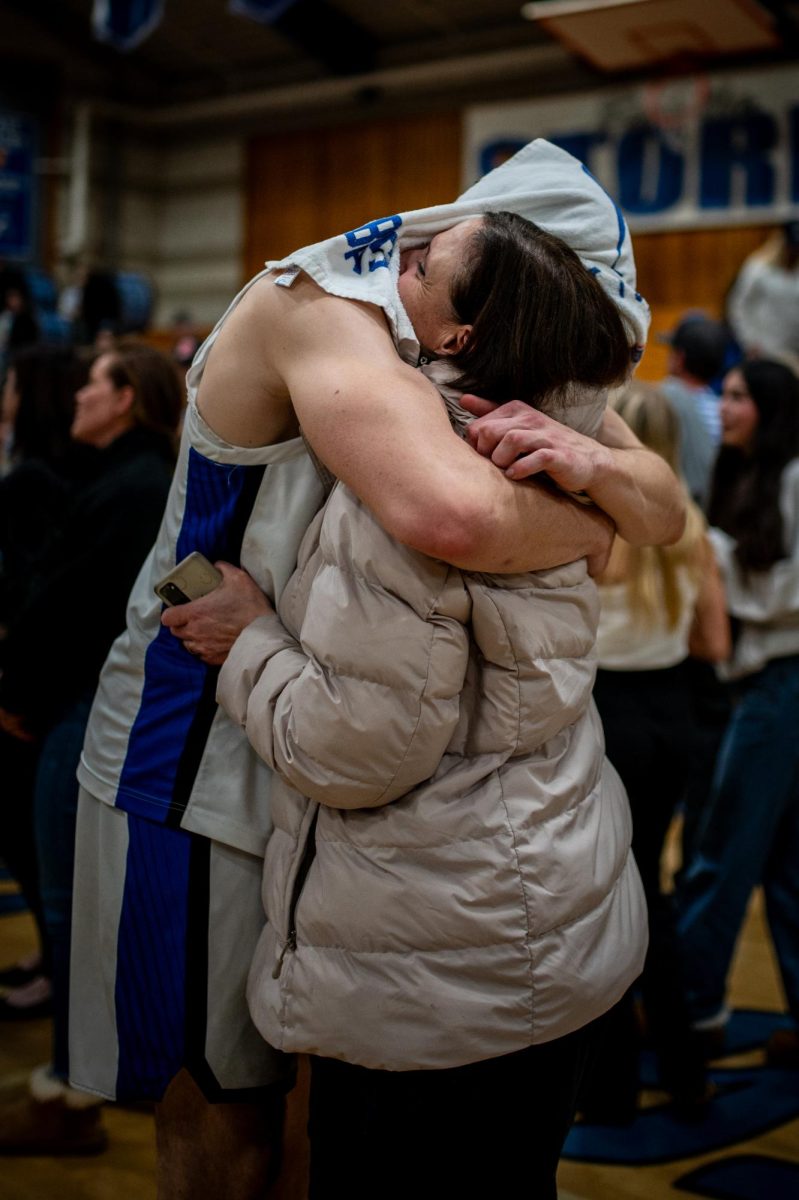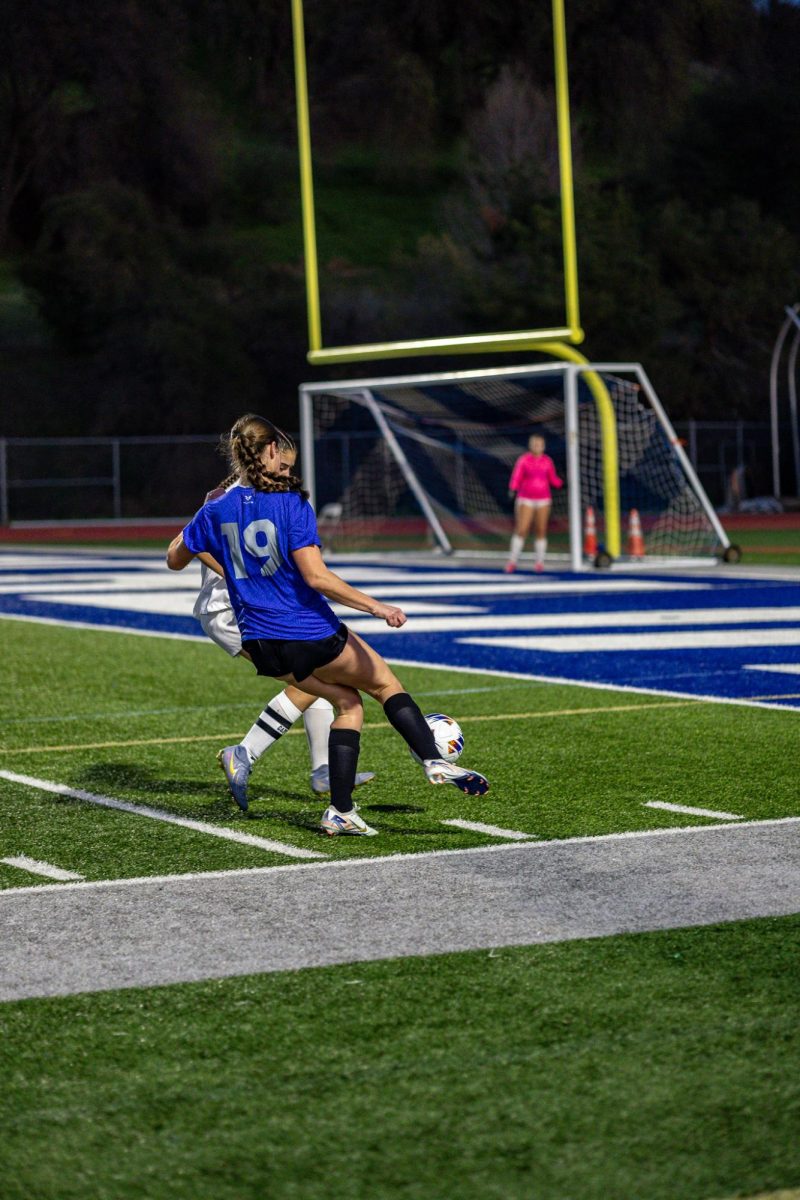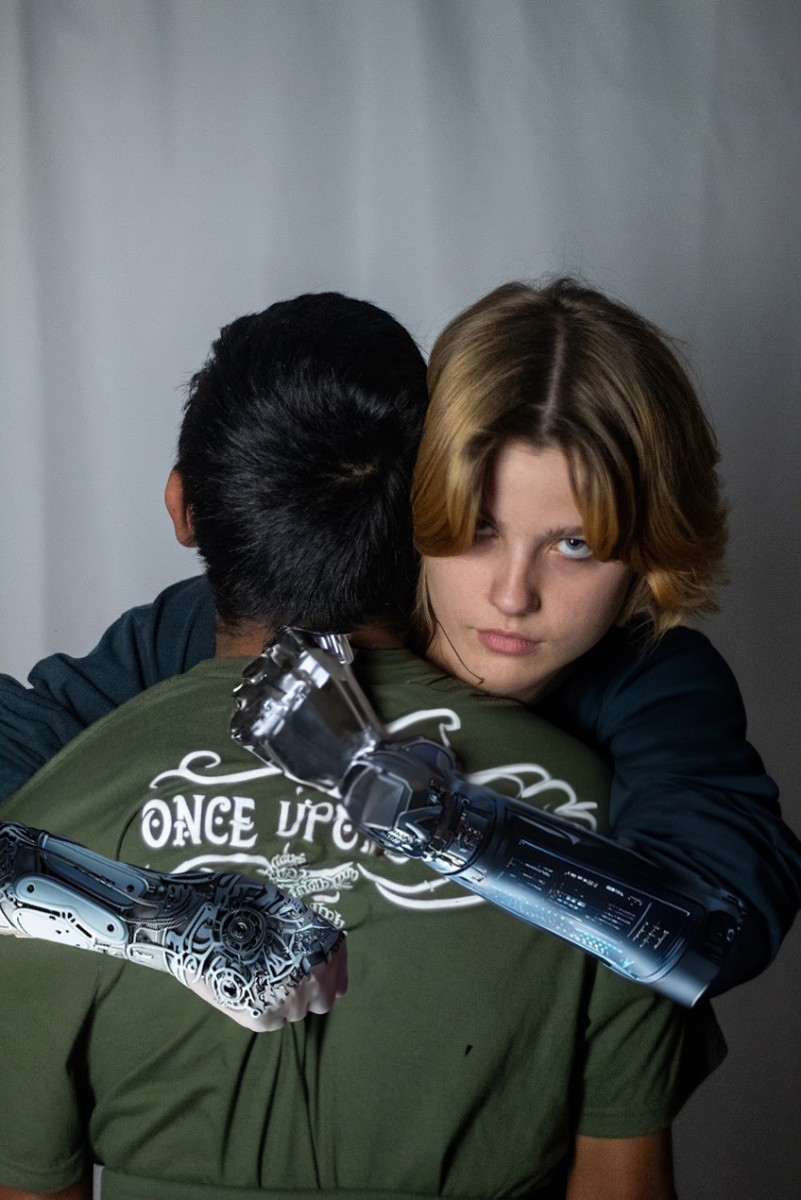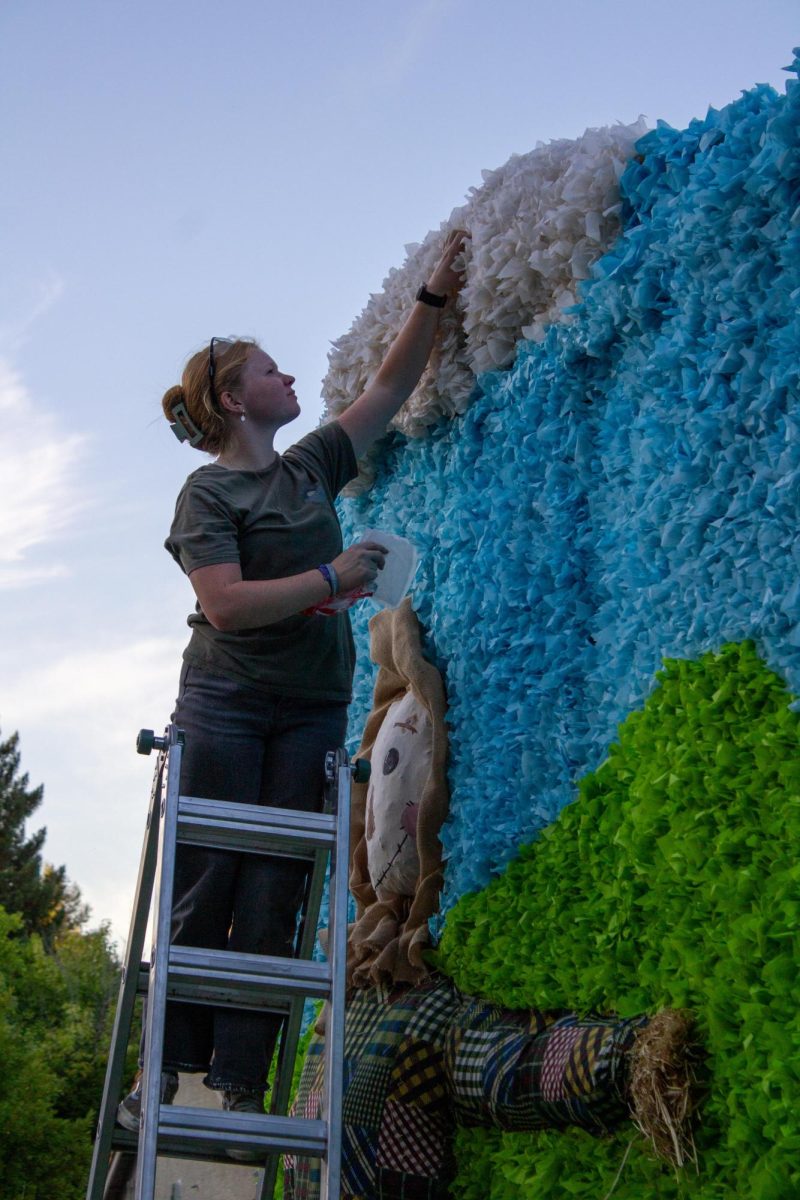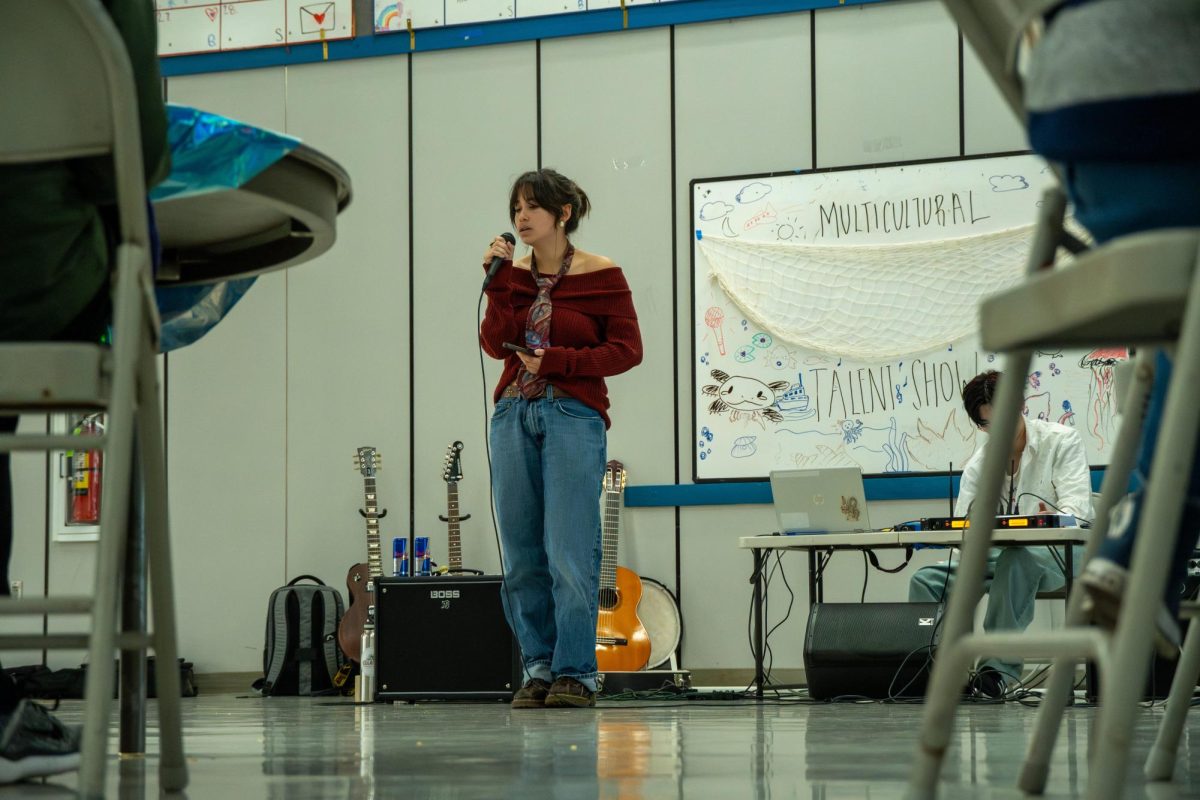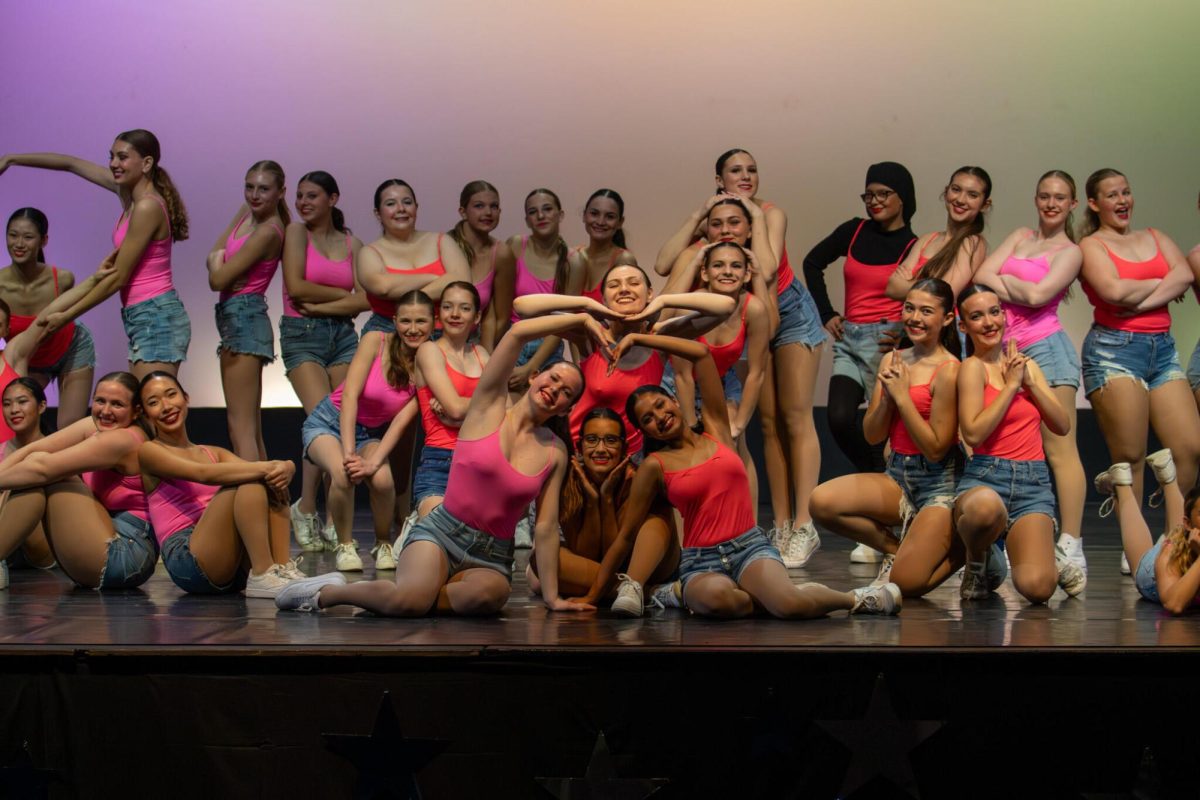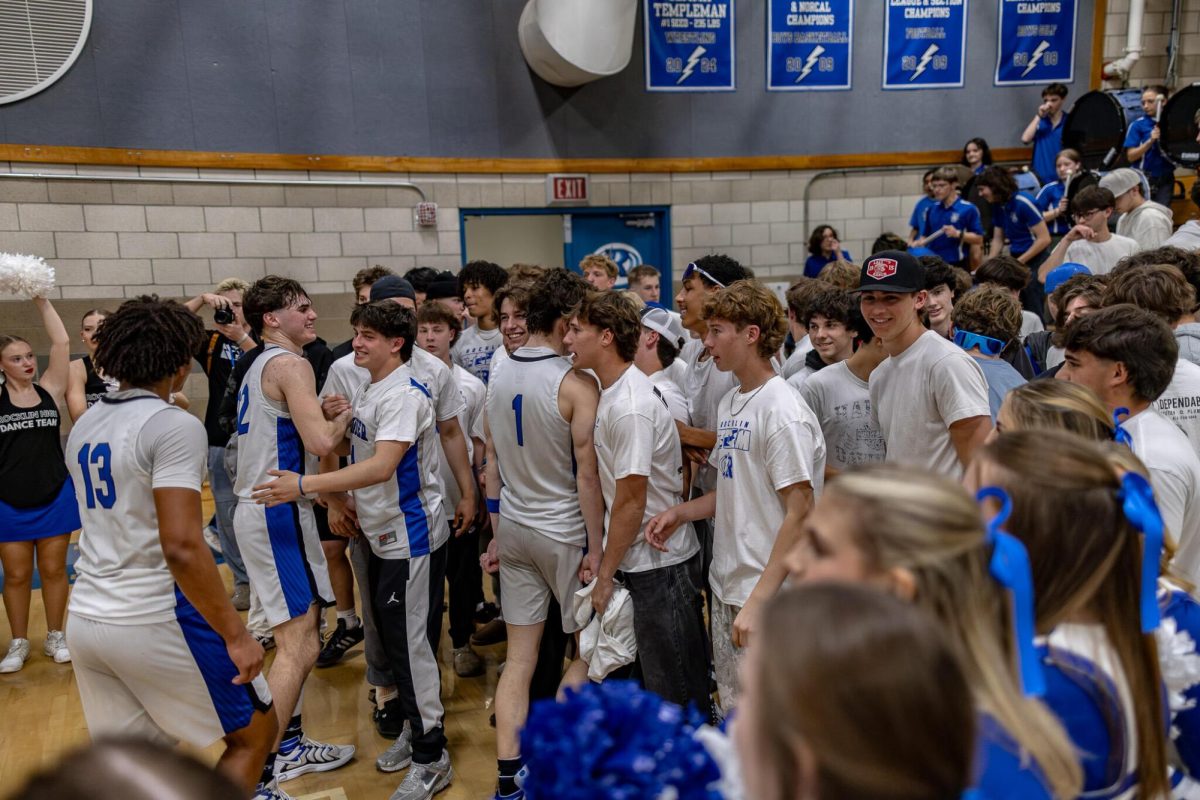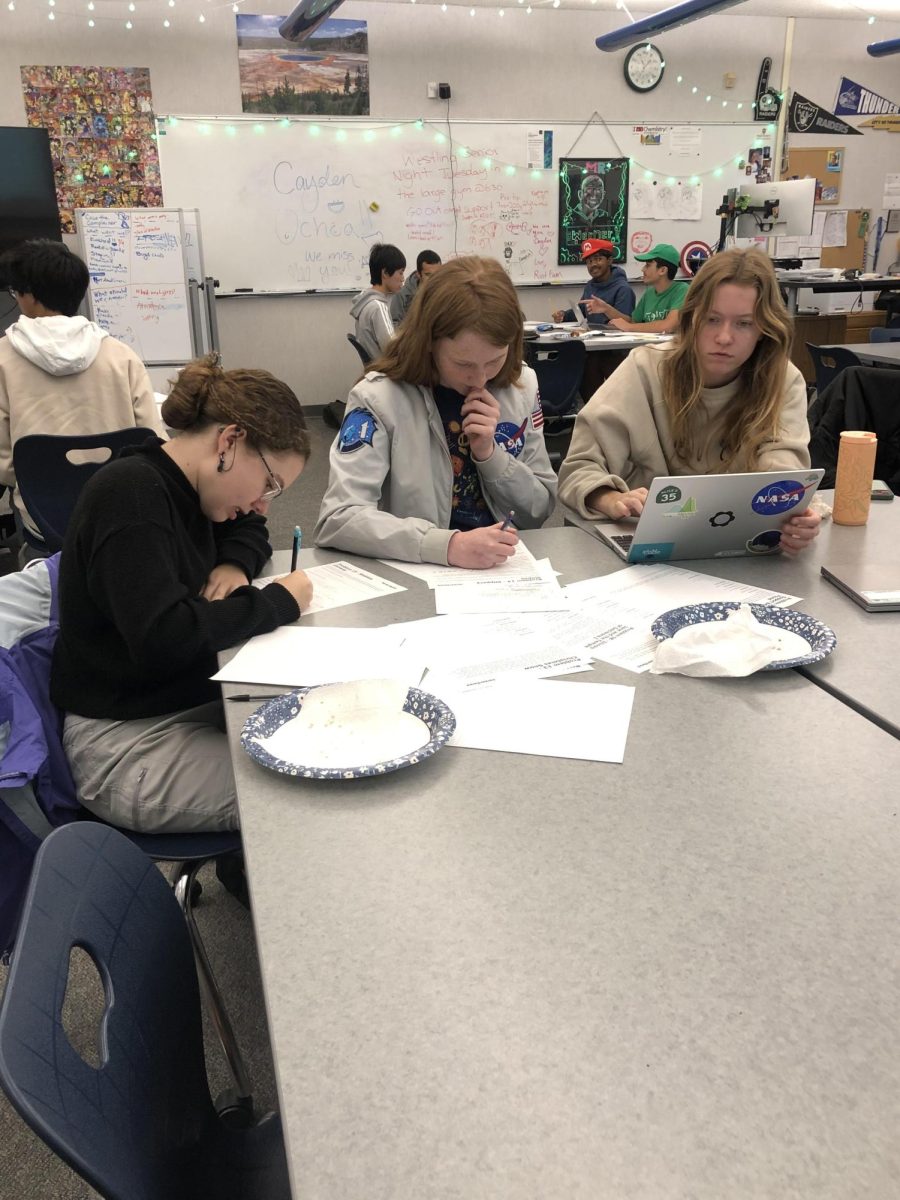16-year-old Simran Saluja walked past the security guards with a load of clothing, books, and hygiene products in her arms. Ever since her first clothing drive generated more donations than many smaller organizations could store, she’d been working closely with the San Diego women’s shelter Door of Hope to provide women from abusive households with the skills and supplies they need to get back on their feet. She’d been by before to drop off donations, but this was the first time she was actually going into the shelter.
The inside of the building looked a lot like an apartment complex. Clean, well-kept. In the hall outside the room where she was hosting her workshop, Saluja met and struck up a conversation with a tall, tired-looking woman in her 30s. Her name was Sandra.
Saluja soon learned that Sandra was a single mother of four kids who had escaped her abusive household and was taking refuge at the shelter until she could find a steady job.
“When I first met her, she was a little lost,” Saluja said. “It seemed like she didn’t really know what to do or where to go.”
Saluja said that along with the shelter’s own resources, her workshops helped Sandra get an interview and “get more settled after losing her home and her job and her family.”
“She told me that she wanted her daughter to take inspiration from what we were doing so that when they were in a better place, she could also give back to her community,” Saluja said. “That really struck me because I didn’t know that I was able to really make such an impact on other people.”
Now with chapters in four US states and two countries, The Optimism Project grew from an eighth grader’s simple idea: a social media page dedicated to informing the community about women’s issues.
“What inspired me to start this organization was actually my mom,” Saluja said. “As I was growing up, I knew that especially in the Indian community, sometimes things can be a little bit unfair to women.”
Saluja said she started her organization to give back to the community and help women get out of bad situations. The first step was assembling a team of like-minded students.
The project quickly expanded from posts about women’s rights and mental health to drives and fundraisers. After getting comfortable with these activities, Saluja began to host more elaborate events like webinars and informational speakers.
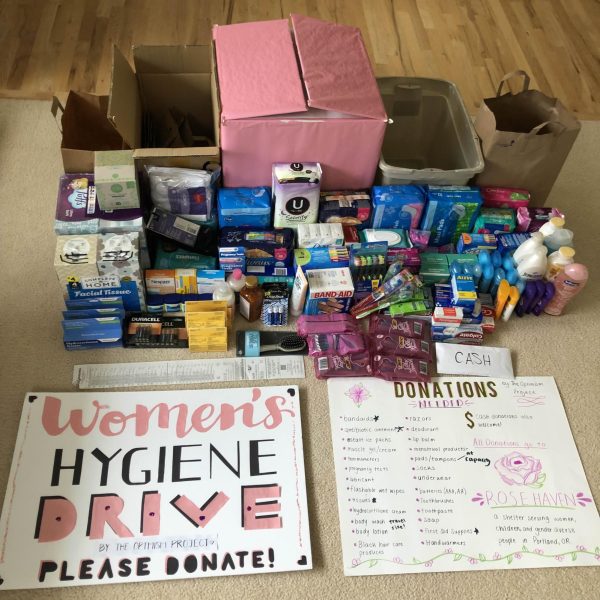
The Optimism Project now has chapters in Portland, Sacramento, San Diego, Texas, Arizona, and even India. Most of the growth took place via social media and word of mouth, with friends of friends using their networks to start new chapters.
“We tried to take it one step at a time,” Saluja said. “And once we were comfortable in one area of what we were doing, we’d try to get more uncomfortable and do something bigger. And just keep taking those steps until we got to where we are.”
Disha Sankhla, a childhood friend of Saluja’s, oversees the organization’s Arizona chapter. She said that in addition to providing an avenue to pursue her passion for service, The Optimism Project has helped her “reconnect” with Saluja after Saluja moved away from Arizona.
Even though they cannot collaborate in person, Saluja, Sankhla, and other leaders have worked closely on projects including a new podcast. Sankhla wrote the script, and those in California hosted it.
Saluja has learned a lot from running the organization. “Everything is harder than it seems to be when you’re first doing it,” she said. “When we were planning events and things like that, it seemed so easy and it seemed very simple. But I really learned that there are a lot of nuances to everything.”
Saluja said she plans on starting club chapters at high schools in the near future. She is currently conducting interviews to hire other youth leaders interested in starting a chapter at their schools. She also said she hopes to expand the organization’s medical camps and drives that provide access to medicine and doctors in underprivileged areas for free.
Balancing all this with school responsibilities took some getting used to, Saluja said.
“Oftentimes it doesn’t really seem like work because I feel like I’m just doing it for fun,” she said. “Like I’m helping other people and I enjoy it. So anytime I get an extra second, I’m just constantly looking at our website, contacting the other team members, and we’re just trying to do what we can in the time that we have.”
Saluja said that her experience with The Optimism Project was part of what inspired her desire to go into medicine.
“Obviously I went into it wanting to help people, but I didn’t know the extent to which my work could change other people’s lives,” she said. “The work that I’ve done so far has given me the opportunity to see people at the place where they need the most help, and it’s given me more passion for doing what I want to do in the future.”





